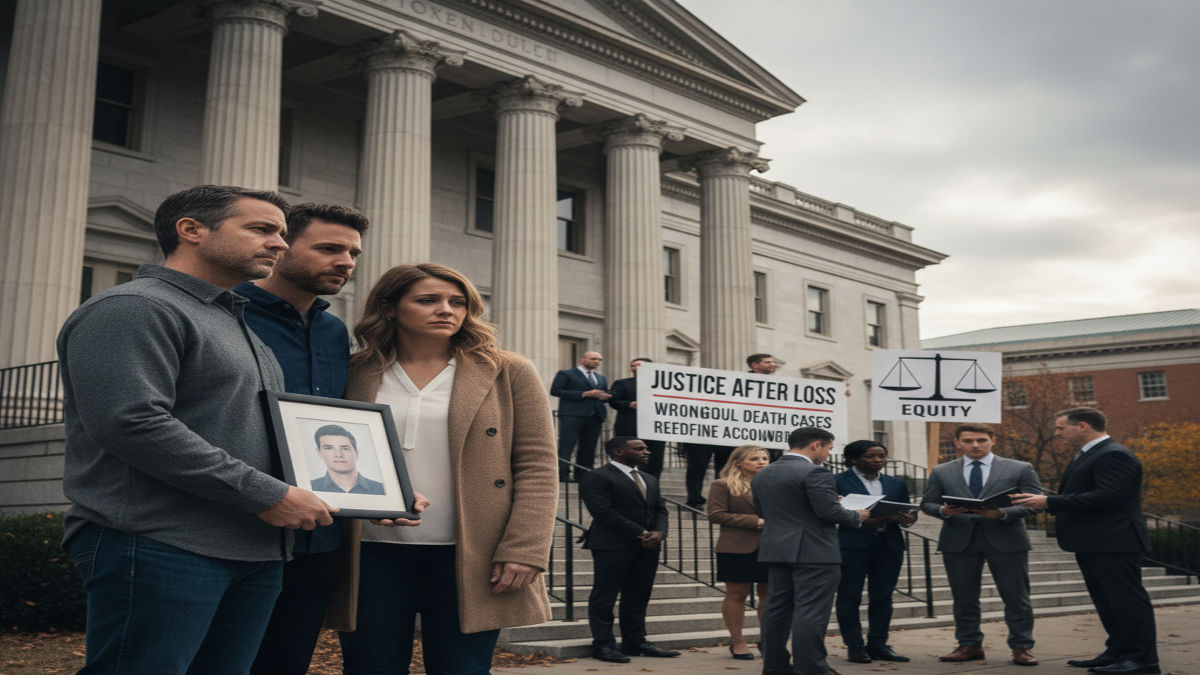The loss of a loved one is among the most profound hardships anyone can endure when that loss stems from negligence—whether medical malpractice, a defective product, a workplace accident, or reckless driving—the grief is compounded by the knowledge that it could have been prevented. Wrongful death cases exist to address this painful reality. They serve not only as legal remedies but as tools of accountability, forcing corporations, institutions, and individuals to confront the consequences of their actions.
What Defines a Wrongful Death Case?
A wrongful death claim arises when an individual dies due to the legal fault of another party. These cases often involve multiple areas of law, from product liability to medical negligence. Unlike criminal prosecutions, which focus on punishment, wrongful death suits are civil actions aimed at securing compensation for the surviving family. Compensation typically covers medical expenses, funeral costs, loss of income, and emotional suffering. But beyond the financial aspects, these cases are about holding wrongdoers accountable and validating the dignity of the life lost.
Why Accountability Matters
Wrongful death litigation is about more than individual justice; it has ripple effects that extend into the broader community. By forcing institutions and individuals to recognize their failings, these cases create precedents that lead to safer practices and policies.
William Theodoros, Attorney at Theodoros & Rooth, P.C., explains: “When we represent families in wrongful death cases, we’re not just seeking compensation—we’re demanding accountability. These cases send a clear message that negligence has consequences, and that corporations and professionals must prioritize safety over shortcuts.”
His words underline the dual role of wrongful death cases: healing families through justice while driving systemic change.
Healing Through Justice
“For grieving families, the legal process can feel overwhelming. Yet many find that pursuing a wrongful death claim provides a sense of closure. Knowing that the responsible party is being held to account can help families begin to rebuild their lives after unimaginable loss. This pursuit of justice does not erase grief, but it can validate the life lost and acknowledge the harm done. By creating space for accountability, wrongful death litigation helps families transform their pain into purpose.: says, Dr. Nick Oberheiden, Founder at Oberheiden P.C.
Shaping Safer Futures
Wrongful death cases often lead to lasting reforms. High-profile lawsuits have prompted stricter safety standards in industries ranging from automotive to pharmaceuticals. Medical negligence suits have influenced hospital protocols and patient safety initiatives. These cases act as catalysts for broader cultural and corporate accountability. By redefining negligence in practical terms, wrongful death lawsuits make clear that lives cannot be reduced to numbers on a balance sheet. They remind industries and individuals alike that behind every case is a family whose future has been irrevocably altered.
Conclusion
Justice after loss is not about revenge—it is about accountability, healing, and change. Wrongful death cases stand as stark reminders that negligence has real consequences, measured in lives forever altered. As William Theodoros emphasized, these cases demand responsibility and drive systemic improvements. For families, they offer both validation and a path forward. For society, they redefine accountability, ensuring that lessons of loss create a safer, more responsible world.

